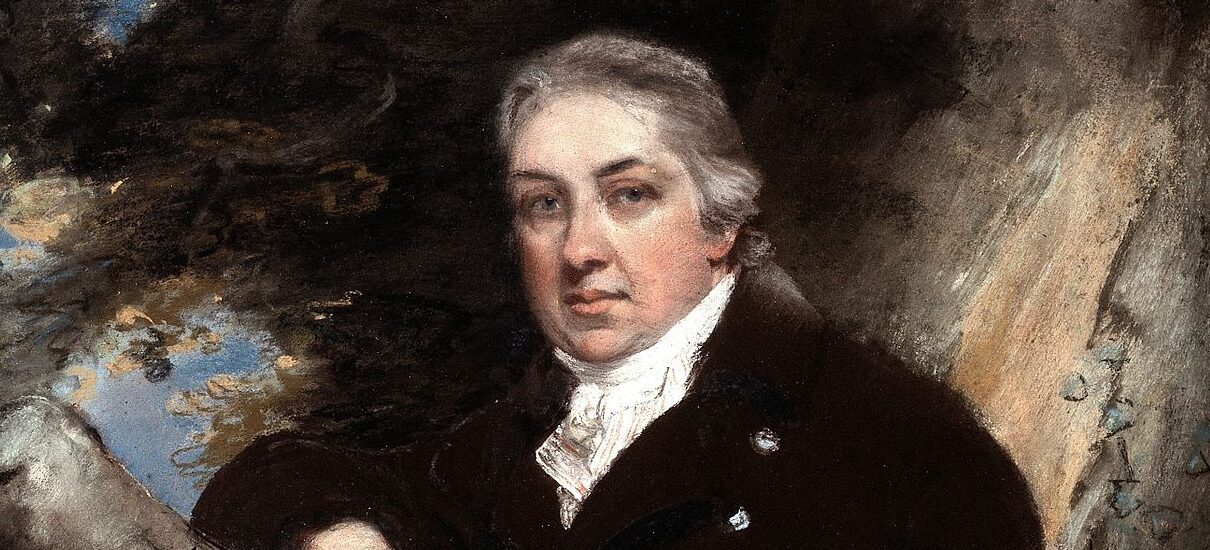
Edward Jenner was a British physician and scientist who is credited with the discovery of the smallpox vaccine. He was born on May 17, 1749, in Berkeley, Gloucestershire, England, and grew up on his family’s farm. Jenner received his early education from a local school before studying medicine at St. George’s Hospital in London.
In 1772, Jenner returned to his hometown and began practicing medicine. He became interested in smallpox, a highly contagious and deadly disease that had killed millions of people worldwide. Jenner noticed that people who contracted a mild disease called cowpox, which was common among milkmaids, did not contract smallpox.
In 1796, Jenner conducted an experiment in which he inoculated an eight-year-old boy with cowpox and then exposed him to smallpox. The boy did not contract smallpox, and the smallpox vaccine was born. Jenner continued to refine his vaccine and conducted numerous experiments to prove its effectiveness.
Jenner’s discovery was a significant breakthrough in the fight against smallpox, which was one of the most deadly diseases of the time. The smallpox vaccine was eventually adopted worldwide and has been credited with saving countless lives.
In addition to his work on the smallpox vaccine, Jenner also made other significant contributions to the medical field. He conducted research on the causes and treatments of tuberculosis, and he helped establish the Royal Jennerian Society, which promoted the use of vaccination to combat infectious diseases.
Jenner’s success in the field of medicine earned him numerous accolades and honors throughout his life, including membership in the Royal Society and the award of the Copley Medal. He died on January 26, 1823, at the age of 73, but his legacy has continued to live on. Today, he is considered one of the most important figures in the history of medicine, and his work on the smallpox vaccine has been hailed as one of the greatest achievements in medical history.
Here’s a timeline of Edward Jenner’s life:
1749 – Edward Jenner is born in Berkeley, Gloucestershire, England. 1762-1768 – Jenner receives his early education from a local school before studying medicine at St. George’s Hospital in London.
1772 – Jenner returns to his hometown and begins practicing medicine.
1796 – Jenner conducts an experiment in which he inoculates an eight-year-old boy with cowpox and then exposes him to smallpox, proving the effectiveness of the smallpox vaccine.
1798 – Jenner publishes his findings on the smallpox vaccine in a paper titled “An Inquiry into the Causes and Effects of the Variolae Vaccinae.”
1802 – Jenner is appointed physician extraordinary to King George III.
1803 – Jenner helps establish the Royal Jennerian Society, which promotes the use of vaccination to combat infectious diseases.
1812 – Jenner’s wife dies, leaving him with three children to raise.
1821 – Jenner is elected a foreign member of the Royal Swedish Academy of Sciences.
1823 – Jenner dies on January 26 at the age of 73.
5 Interesting Facts about Edward Jenner:
- Jenner was initially ridiculed for his theory on the smallpox vaccine, with some critics calling him a quack doctor.
- Jenner is believed to have coined the term “vaccine,” which comes from the Latin word “vacca,” meaning “cow.”
- He was a keen observer of nature and spent much of his time studying birds, insects, and other animals.
- Jenner was a proficient artist and enjoyed drawing and painting in his free time.
- He was a proponent of the idea that cleanliness and good hygiene could help prevent the spread of disease.
5 Quotes by Edward Jenner:
- “The practice of vaccination is founded upon the principle of inducing immunity by the inoculation of a weakened or modified form of a disease.”
- “I hope that someday the practice of producing cowpox in human beings will spread over the world – when that day comes, there will be no more smallpox.”
- “The most important point is to know what one is doing and to do it well.”
- “Vaccination is a wonderful discovery of science, which has enabled mankind to protect itself from the scourge of smallpox.”
- “The happiness and welfare of mankind will be best promoted by the practice of a virtuous and sober life.”










